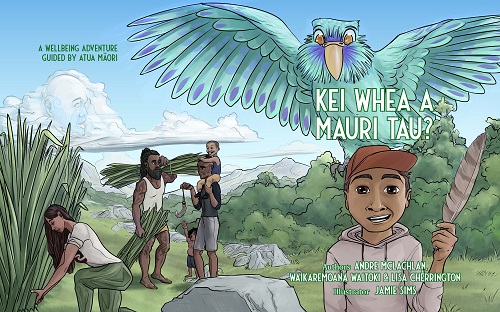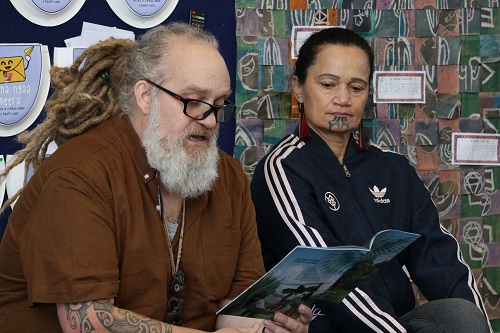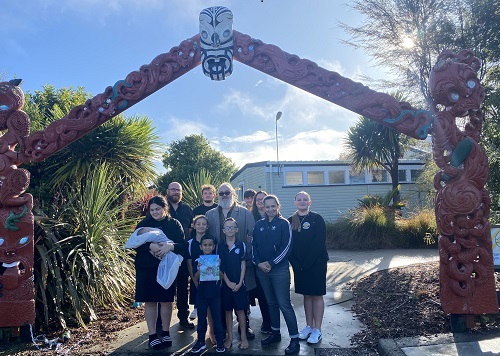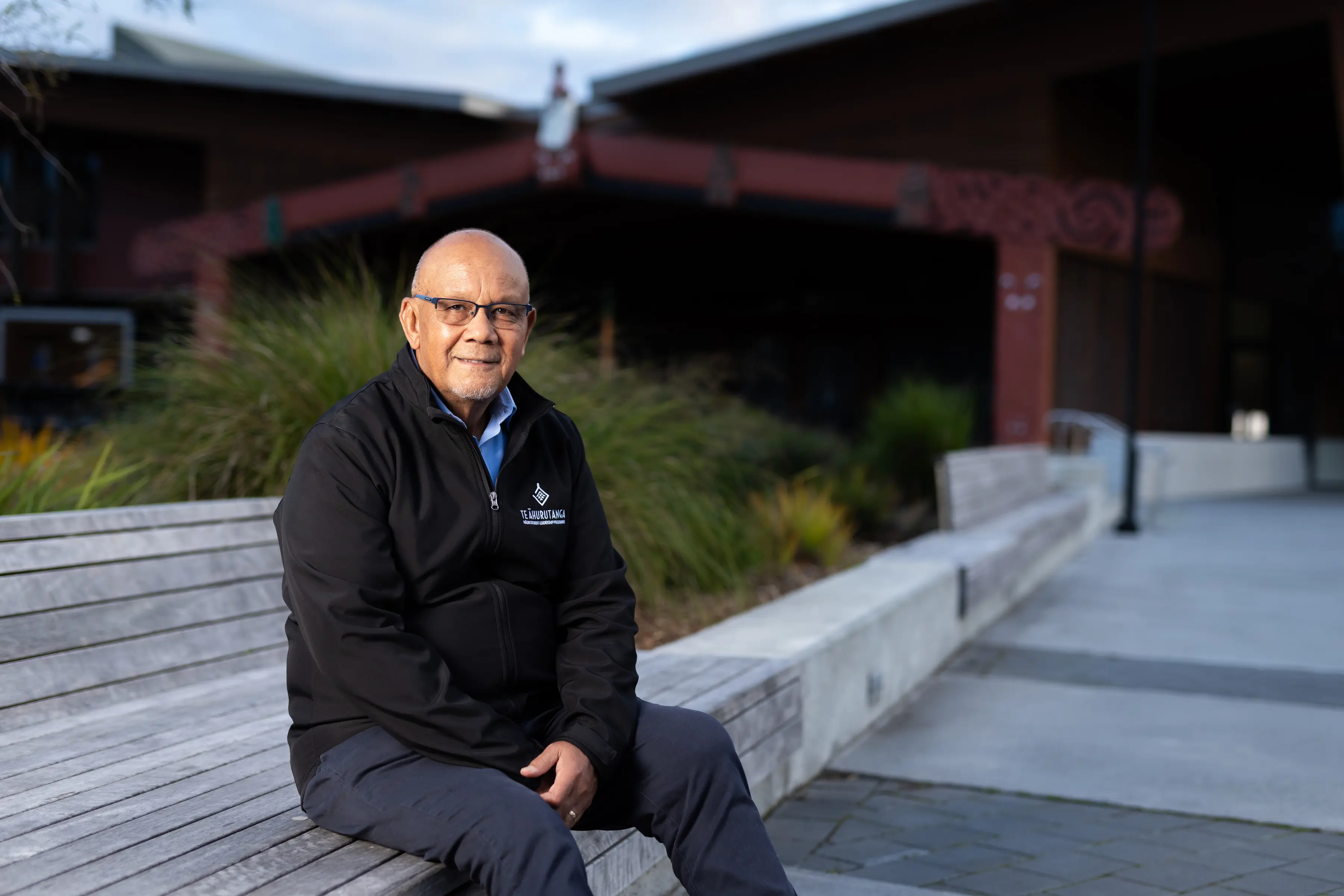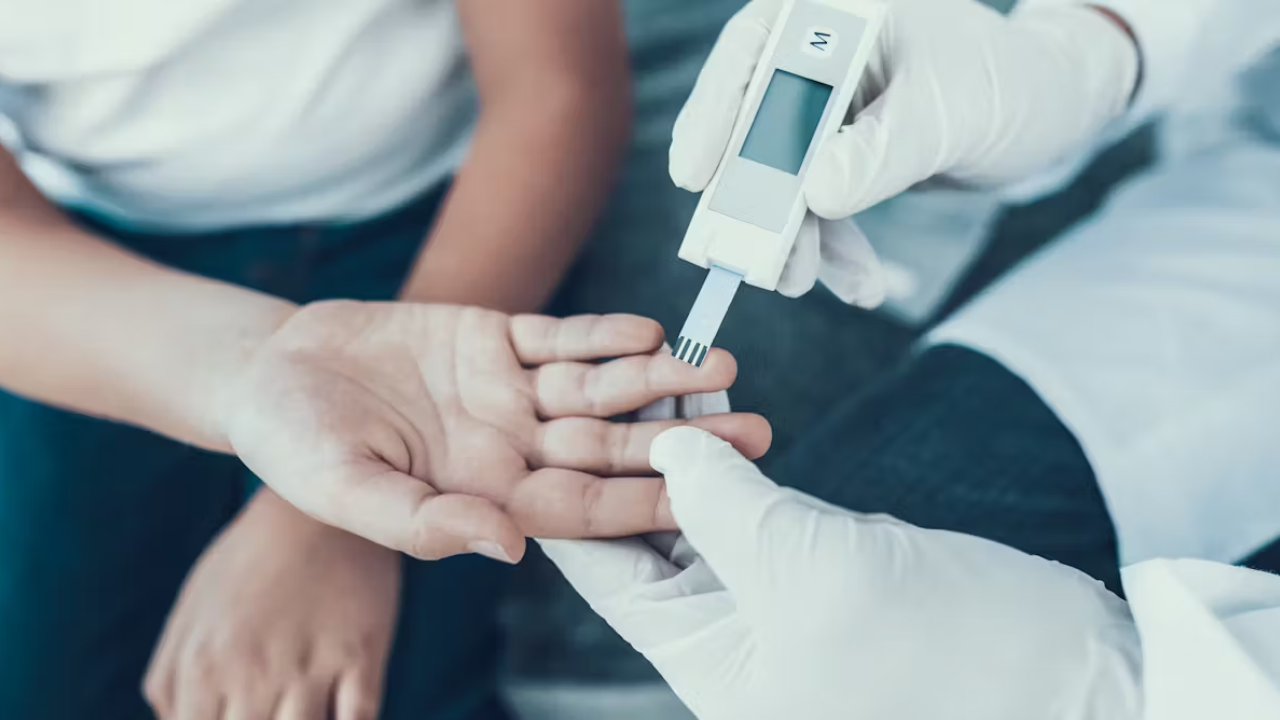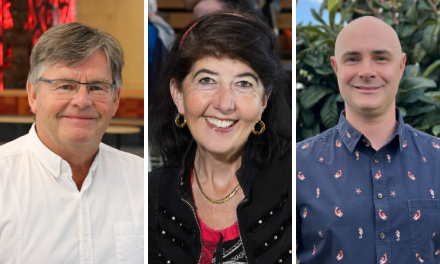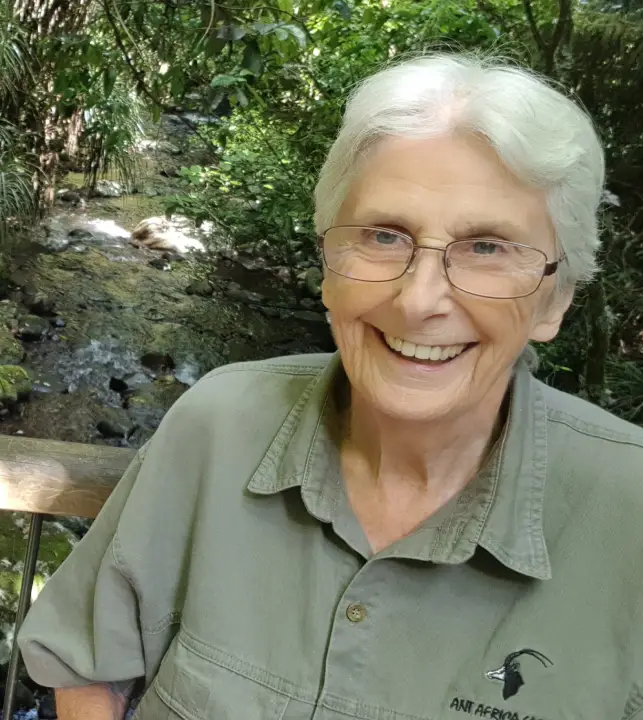The launch of the book at Whatawhata School recognised the input Andre’s whānau had on the development of the book, with all of his tamariki either attending or supporting the school as a kapa haka tutor. His wife Sarah-Jayne is a kaiako at the kura and understands the challenges that tamariki faced throughout the COVID pandemic. Each family member contributed throughout the process - including developing a te reo Māori version. Andre worked with teachers Lamoni Tawha and Wiremu Ohlson and principal Mr Rob Gunn prior to the book launch so that the tamariki became confident in working through the exercises.
“They’ve all been involved in some way. Each of them have touched it, looked at it, commented on it, or supported it,” Moana says.
“We wanted to build on our traditional stories, give them a bit of a spin. When kids are feeling anxious, they know that the wind is there, the environment is there to help them. They can draw on those things and know that they’re normal.
The book was supported by a grant from Trust Waikato and an internal research grant from Wintec. Dr Waitoki and Dr McLachlan are also researching traditional and contemporary Māori knowledge of wellbeing and healing supported by a Marsden research grant. A te reo Māori version is also available that offers a rich addition to the vocabulary of Maori language learners. Dr Waitoki acknowledges that more research is needed to draw on the depth of mātauranga Māori that describes mindfulness-based practices that are unique to a Maori worldview.
“It’s important when working with tamariki Māori that therapeutic approaches acknowledge the way that emotions are experienced and our preferences for pathways to wellbeing. Emotions for Māori are often felt and expressed physically. Healing therefore does not happen in isolation; rather it occurs in connection with body, spirit, whānau, and the environment.”
Dr McLachlan commented that guided imagery helps tamariki to use their imagination, to engage them in the task of PMR, and to create an ideal therapeutic space wherever they are. Mindfulness helps tamariki to have more moment-by-moment awareness of their experiences and their responses to them. Along with that, controlled breathing can reduce physical arousal and anxiety.
